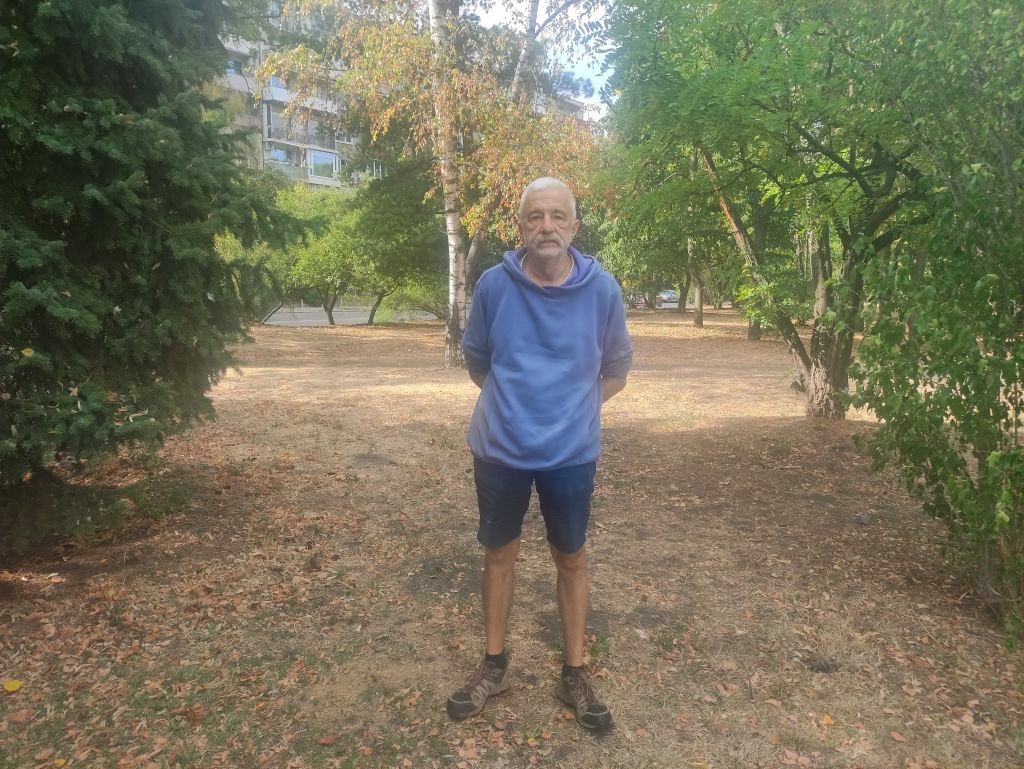
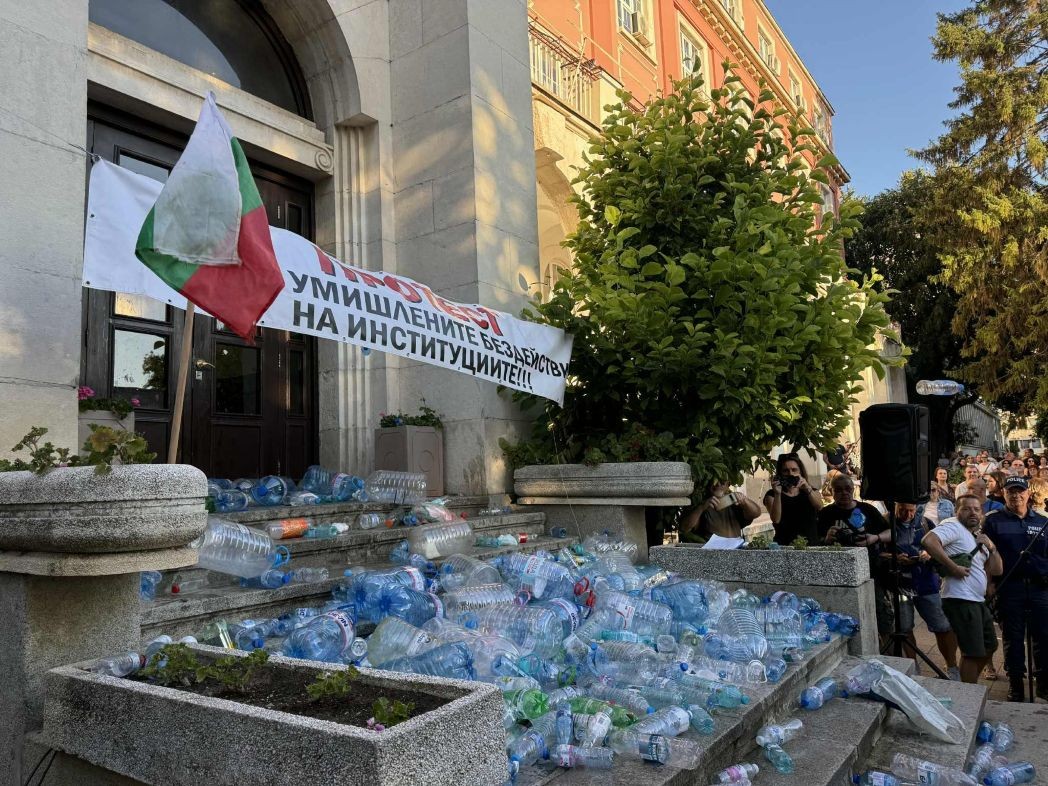
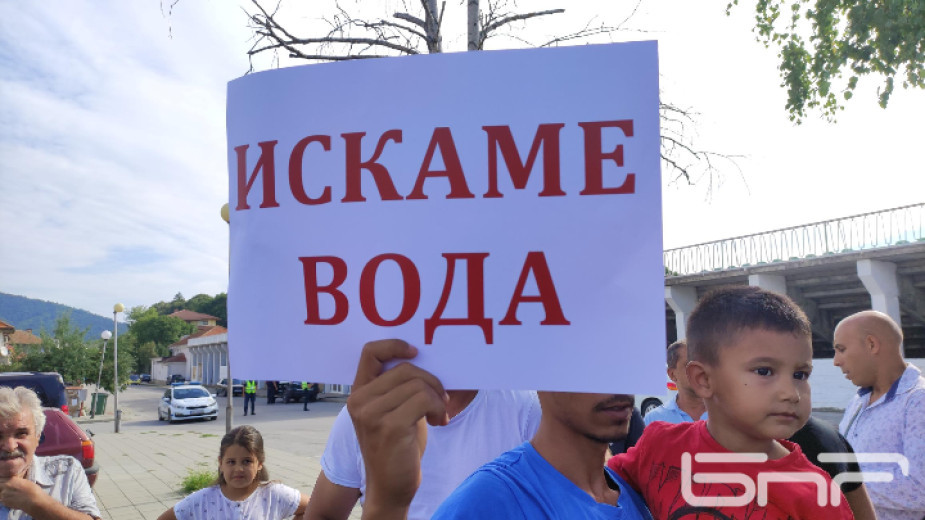
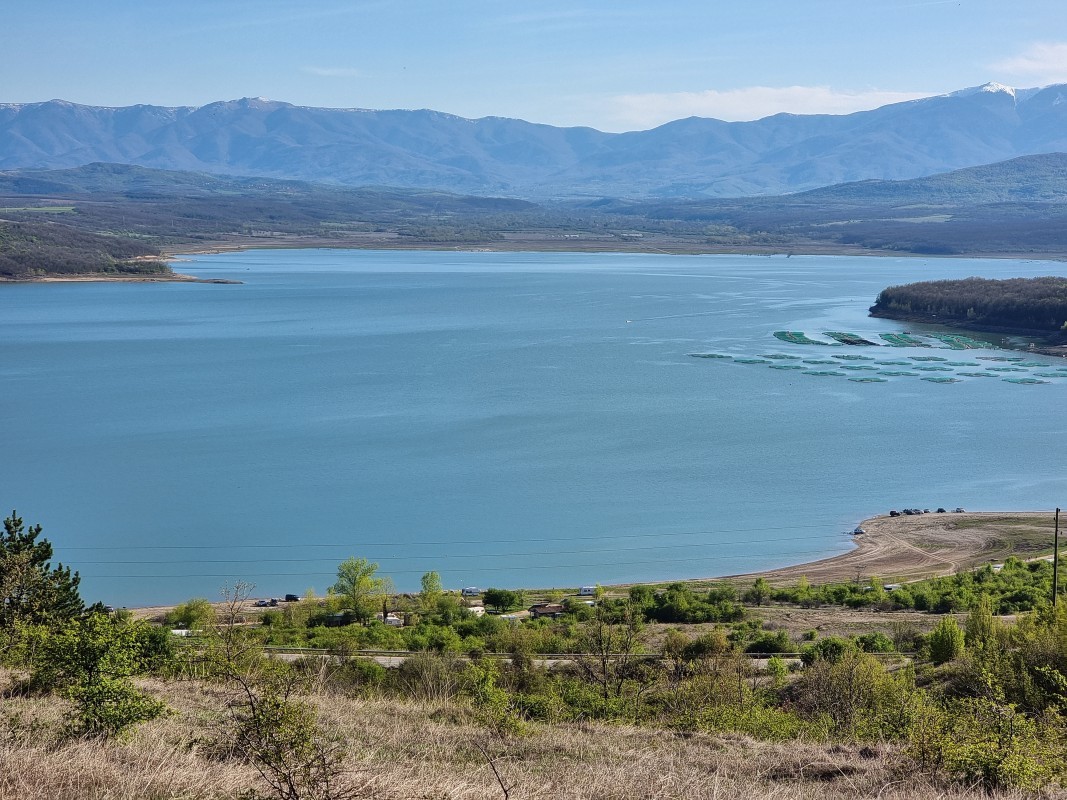
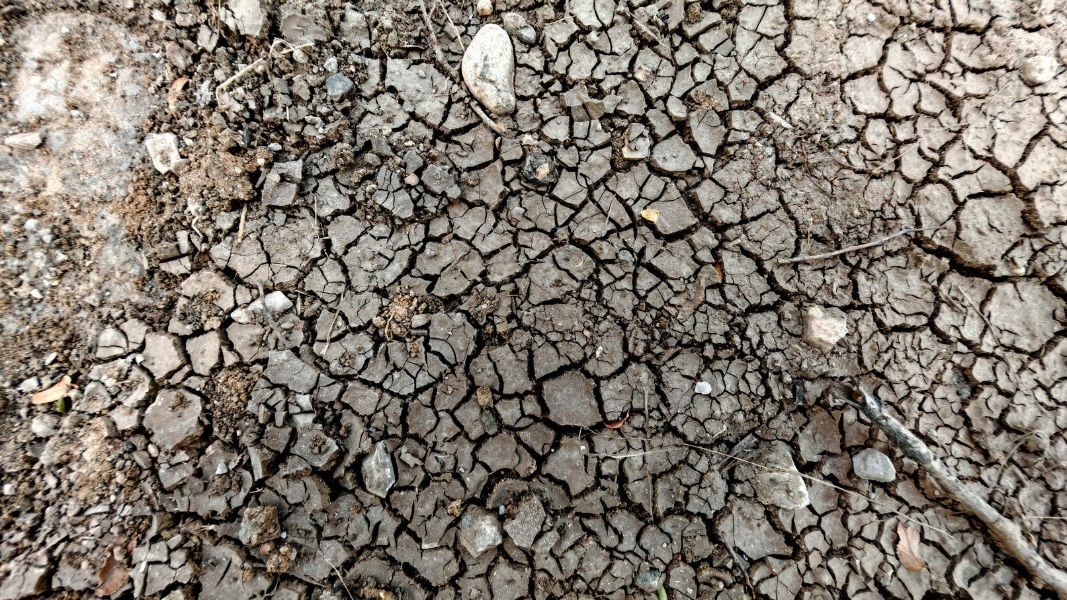
Photos: BGNES, BTA (archive) Zdravka Maslyankova (BNR), Ivan Gergov
A clay pot and a wooden bucket from the village of Momchilovtsi are part of an exhibition at the Milk Museum, which has just opened in Shanghai , the village's mayor, Siika Surkova, told the Bulgarian news agency BTA. Representatives of the..
Bulgarian scientist Dr. Vladimir Kefalov has been awarded a prestigious alumni prize by Boston University’s Graduate Medical Sciences Faculty, the Bulgarian Consulate in Los Angeles announced on Facebook, cited by BTA. “This recognition by Boston..
The Association of Olympic Teams in Natural Sciences announced on Wednesday that Bulgarian high school students had won a gold, a silver and two bronze medals at the 32nd Balkan Olympiad in Informatics , which was held in Udine, Italy. The Bulgarian..
Bulgarian scientist Dr. Vladimir Kefalov has been awarded a prestigious alumni prize by Boston University’s Graduate Medical Sciences Faculty, the..
The Association of Olympic Teams in Natural Sciences announced on Wednesday that Bulgarian high school students had won a gold, a silver and two bronze..
A clay pot and a wooden bucket from the village of Momchilovtsi are part of an exhibition at the Milk Museum, which has just opened in Shanghai , the..

+359 2 9336 661
